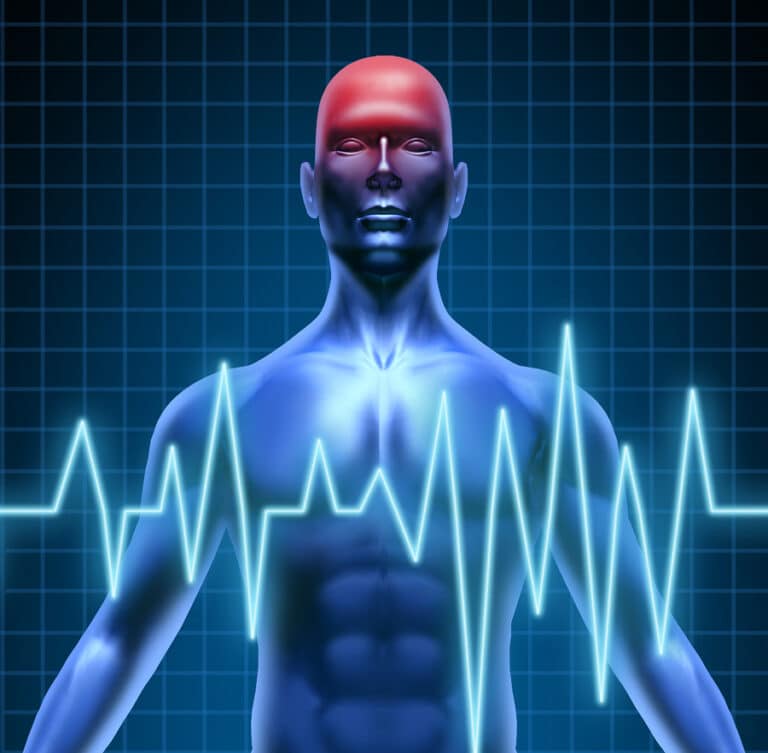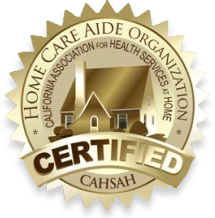While many people worry about cancer and heart attacks, they don’t know that strokes are the leading cause of death in the United States. And even if your loved one survives a stroke, recovery is often long and it’s possible some functions may never come back.
The key to reducing the seriousness of a stroke is to recognize it’s happening and then to get help quickly so that medical experts can take the needed steps to prevent death and disability from stroke. As a caregiver, it’s important that you are able to recognize these symptoms. It’s also important to check with your home care providers to make sure they are aware of the symptoms as well. Most home care providers will be well trained in stroke awareness, which is just one reason having a home care provider with your loved one when you can’t be may just be what saves her life.
Strokes come on quickly so their symptoms also appear suddenly and seemingly out of nowhere. It’s important for your loved one to let someone know if any of these symptoms are occurring and to not ignore them, hoping they’ll go away.
- A sudden inability to communicate, speak or confusion about what is happening around them.
- An inability to see out of one or both eyes suddenly that doesn’t have any type of injury or health history proceeding it.
- An immediate extreme weakness or numbness that occurs in the face, arm, or leg. This numbness is usually contained to just one side of the affected area.
- A loss of balance or extreme dizziness that comes on without warning. Your loved one may find it impossible to walk or maintain her balance.
- An abrupt headache that is extremely severe.
While your loved one should alert you to any of these symptoms, you can also be on the lookout for stroke symptoms by knowing the acronym F.A.S.T. It’s a great acronym for stroke symptoms because it not only helps you remember the symptoms to watch for, it reminds you to act fast! Quick treatment is the key to reducing long-term health concerns. Studies show that if a patient can receive treatment within three hours of a stroke incident, her chances of recovery are improved.
F: FACE. If you think a stroke may be occurring, ask your loved one to smile. If one side of the face droops, it could be a stroke.
A: ARMS. Ask your loved one to lift both arms into the air. If one arm cannot be raised, it might be because of a stroke.
S: SPEECH. Listen to how your loved one is speaking. Ask her to say a simple phrase like The sky is blue. If there is slurring or is unclear, your loved one might be having a stroke.
T: TIME. If any of those symptoms occur, call 9-1-1 right away and have your loved one examined. It’s best to have an ambulance come if possible so that immediate life-saving options can be performed if needed.
By being aware of the signs and symptoms of stroke, you or your home care provider can take immediate action and perhaps save her life.
If you or an aging loved one are considering hiring home care in San Francisco, CA contact the friendly staff at Home Care Professionals today. Call (866)-940-4855
- Four Types of Exercise That Are Important for Seniors - October 16, 2024
- 5 Ways Elder Care Helps Seniors Live Independently - October 11, 2024
- Helping Seniors Adapt to Fading Vision While Aging in Place - October 1, 2024




